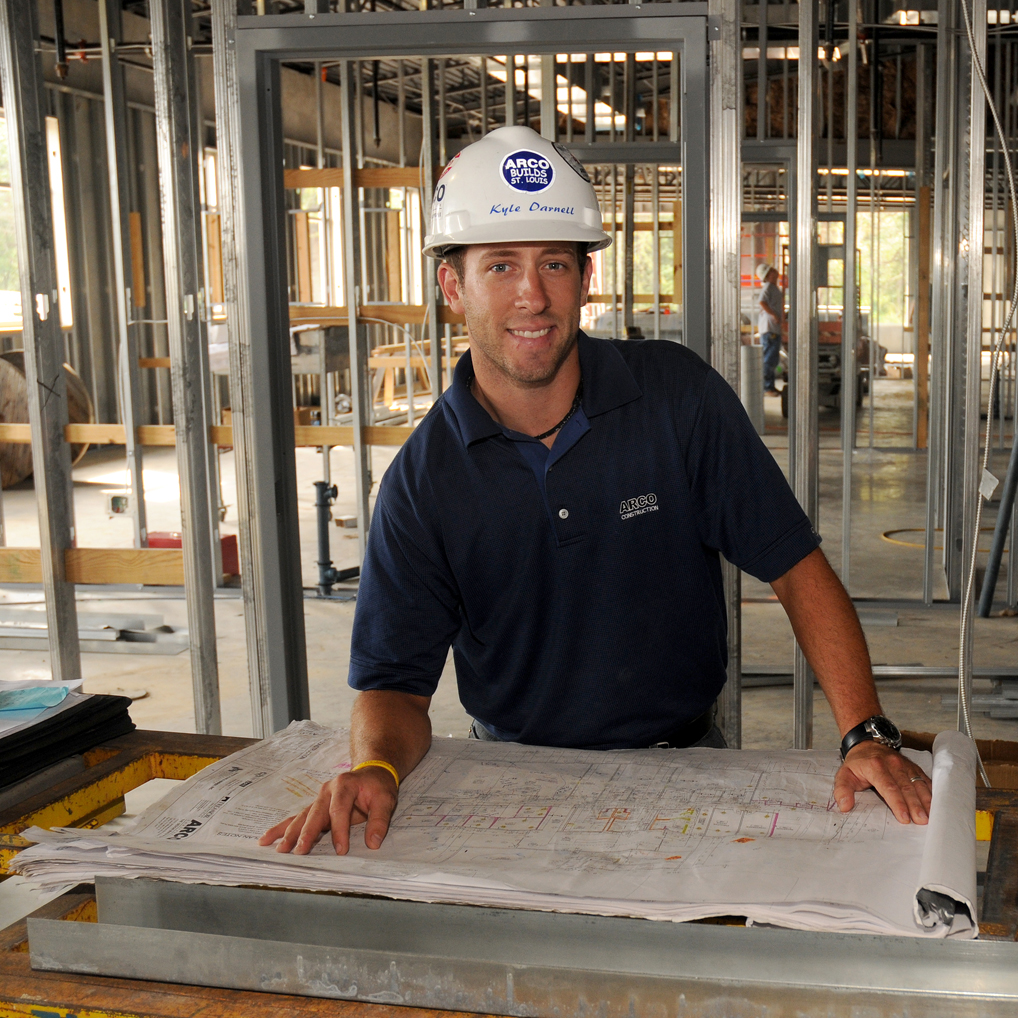Architectural Engineering
Architectural engineers plan, design and supervise construction of many essential facilities and structures for residential, commercial, industrial and institutional buildings. These building systems include electrical, communications and control, lighting, heating, ventilating, air conditioning, fire protection, plumbing and structural systems.
Undergraduate Degree
Explore how architectural engineers apply practical and theoretical knowledge to the engineering design of buildings and building systems.
Learn more
Your Career in Architectural Engineering
$64,079
Average starting salary
for undergraduate students as of 2022

Architectural engineers take courses in structural, electrical, mechanical and lighting design that are directed toward providing reliable and economical structures such as stadiums, retail complexes, office buildings and airports. Courses in construction engineering include studies in construction techniques, cost estimating, quality control/quality assurance and contract administration.
Architectural engineering is a broad field. Although you may specialize within a given area, you will be interacting with specialists such as architects and engineers in other disciplines in the planning, design and construction of complex facilities.
Architectural engineers also must be effective public communicators. You may be expected to work with property owners, concerned citizens, city officials, attorneys and even doctors for concerns related to public health measures.

Follow Civil, Architectural and Environmental Engineering